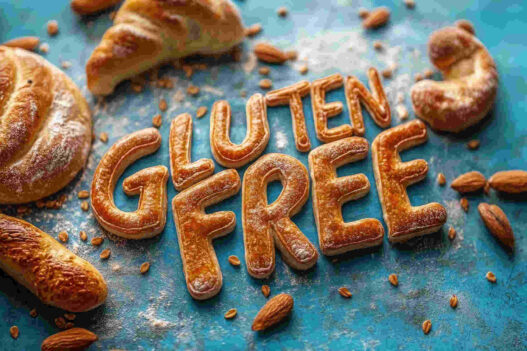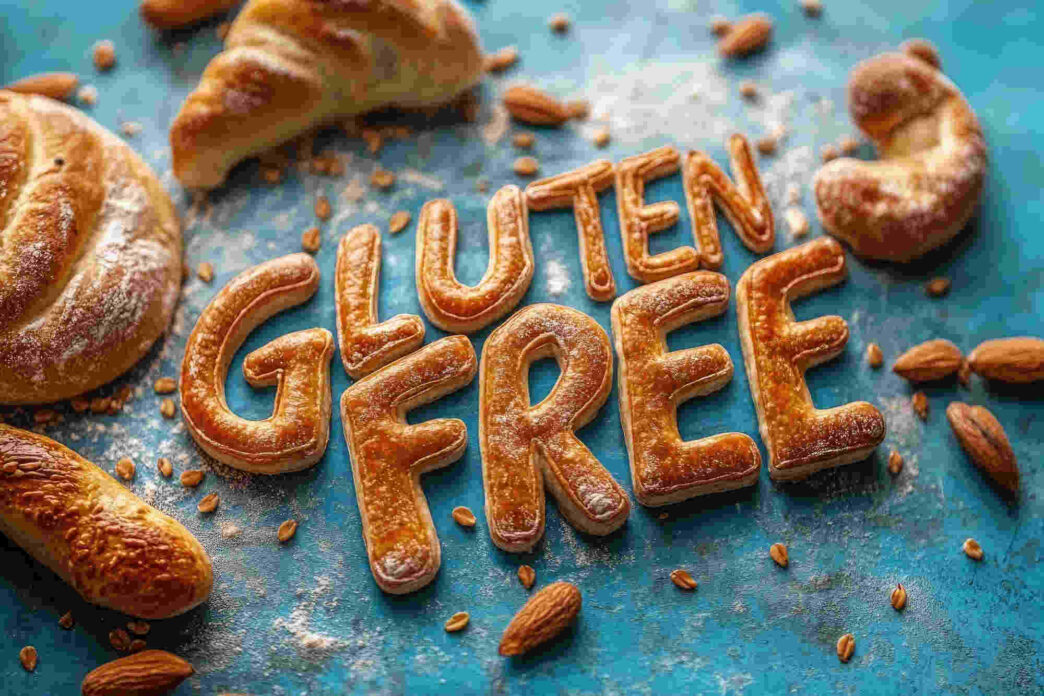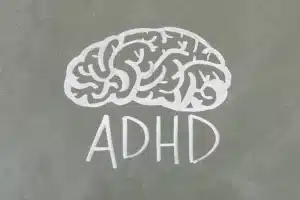Non-Celiac Gluten Sensitivity, NCGS.. Does the title sound familiar? You may have read the recent article entitled, “What Is Celiac Disease, and Why Should I Care?” If you haven’t, you might consider reading it before this feature. In a nutshell, it’s estimated that around 1 in 100 people have celiac disease, which is an autoimmune condition where the body cannot tolerate gluten. This results in damage to your gut, inability to absorb nutrients, and a considerable inflammatory response in the body.
Undiagnosed celiac disease can cause a cascade of chronic, ill-effects on your health, and can lead to the development of many other diseases, including heart disease, cancer, and other autoimmune diseases. However, in the last few decades, the international medical community has reached a consensus that there is also a condition known as “non-celiac gluten sensitivity (NCGS).” Why should you care?
Here’s why?
Research has shown that there is an immune response to gluten that is distinct from celiac disease. The intestinal villi are not flattened, as with celiac disease, and the condition is not yet fully understood. However, even in the absence of complete understanding and definitive diagnostic testing, the international medical community agrees that NCGS exists.
And of concern, estimates are that between 1-2% of the population has non-celiac gluten sensitivity, NCGS, which is a number at least on par with celiac disease (2). Chris Kresser has purported that probably at least 10% of the population is sensitive to gluten, as a conservative estimate. That’s at least 20% of the population who has an inflammatory response to gluten between celiac disease and NCGS, and most are still undiagnosed! This is, again, epidemic proportions, with staggering yet preventable costs to our healthcare systems, not to mention our quality of life and longevity. These estimates suggest that at least two out of every 10 people is walking around with anything from a slow burn to a bonfire inside their bodies.
What often happens, since gluten can affect any bodily system at all, is that when people have symptoms severe enough to bring them to their doctors, it’s the symptom (or the resulting disease) that is treated.
As Dr. Mark Hyman stated, “Health problems caused by gluten sensitivity cannot be treated with better medication. They can only be resolved by eliminating 100 percent of the gluten from your diet” (3).
Non-celiac gluten sensitivity, NCGS, much like celiac disease, can present in a myriad of ways. A common presentation is gut issues – anything from heartburn to bloating to diarrhea to constipation. However, the list doesn’t stop there. NCGS, like celiac disease, can also cause joint pain, cognitive difficulties, endocrine (hormone) difficulties, problems with blood sugar… the list goes on, much like celiac disease.
And also like celiac disease, chronic inflammation from NCGS leads to a “leaky gut,” where toxins can leak into your bloodstream, and that’s what sets off the inflammatory response and leads to the development of other diseases as well.
Chris Kresser pointed out that gluten sensitivity outside of celiac disease (NCGS) may even be more serious, as many people who test negative for celiac disease continue to eat wheat and put themselves at serious risk for developing autoimmunity (1).
Inflammation is the root of all chronic conditions. That means your Hashimoto’s Thyroiditis, your multiple sclerosis or other autoimmune diseases, your diabetes, your migraines, your heart disease, your eczema, your psoriasis, your hair loss, your cancer, your insomnia, your acid reflux, your brain fog, your depression, your anxiety, your balance issues, your arthritis, etc., etc., etc., could all be caused by gluten sensitivity.
Contrary to popular belief, we do not need wheat or any grains to be well-nourished. Chris Kresser noted that if anything, “people who eat gluten-free are more likely to increase their intake of essential nutrients, especially if they replace bread and other flour products with whole foods” (4).
There is no 100% guaranteed diagnostic test for NCGS or non-celiac gluten sensitivity. Cyrex Labs does have an array that looks at more components of gluten than conventional labs, and hence might be a more sensitive test (4). The only guaranteed way to determine if you have gluten sensitivity is to eliminate gluten completely from your diet, and then see how you feel.
Both Mark Hyman and Chris Kresser have emphasized that a gluten challenge must be 100% (1, 3). Kresser recommends up to 60 days for the most accurate trial. What often happens is that symptoms that people attribute to “just aging,” or have learned to accept as normal, suddenly resolve!
If you are certain that you do not have celiac disease (where being 100% gluten-free is essential for your good health) you may discover your degree of gluten sensitivity and may be able to have a small amount of food with gluten, but this is an individual process.
If, after reading these two articles on celiac disease and NCGS, you feel that it may be important for you to conduct a trial of going gluten-free (Kresser believes that everyone should at least try to see how you feel). Please recognize that there is a learning curve and you may need to start your trial over a few times. Don’t despair! A health coach can help you plan for and conduct this trial.
Gluten is in anything that contains wheat, barley, or rye, but what’s tricky is it won’t always say “gluten” or “wheat.” Learning to read ingredient labels is critical. Beer has hops (that’s barley). Play-Doh has wheat. Gluten is in many lipsticks and is also in licorice and many broths. It’s not just the most obvious bread, pasta, crackers, and cereals, although that’s an excellent place to start.
A gluten-free diet is not just a fad, and it is not necessarily a way to lose weight, especially if you replace gluten with all the gluten-free, but still, heavily processed foods are available. There are delicious substitutes for bread, pasta, cookies, crackers, and cake mixes that can ease the sense of deprivation, if and when you want a treat. If overconsumed, however, even these gluten-free substitutes can contribute to health problems such as obesity, diabetes, or heart disease (likely from the leaky gut).
The best and healthiest diet for anyone is a whole food, nutrient-dense, anti-inflammatory diet, consisting of meat (if you eat meat), vegetables, fruits, nuts, seeds, and healthy oils. This is what we have evolved to eat, after all.
Sources
1. https://chriskresser.com/still-think-gluten-sensitivity-isnt-real/
2. https://celiac.org/non-celiac-gluten-sensitivity-shows-distinct-immune-response/
3. https://drhyman.com/blog/2011/03/17/gluten-what-you-dont-know-might-kill-you/
4. https://chriskresser.com/the-symptoms-and-signs-of-gluten-intolerance-you-havent-heard-about/
5. https://chriskresser.com/50-shades-of-gluten-intolerance/

Janet Frank, Ph.D., A-CFHC, NBC-HWC is a National Board-Certified and ADAPT-Certified Health & Wellness Coach. When not working as a health coach, Janet spends time in her gluten free kitchen playing with recipes, exercising (rebounding, yoga, and kettlebells are favorites), and hanging out with her husband, family, and friends.











